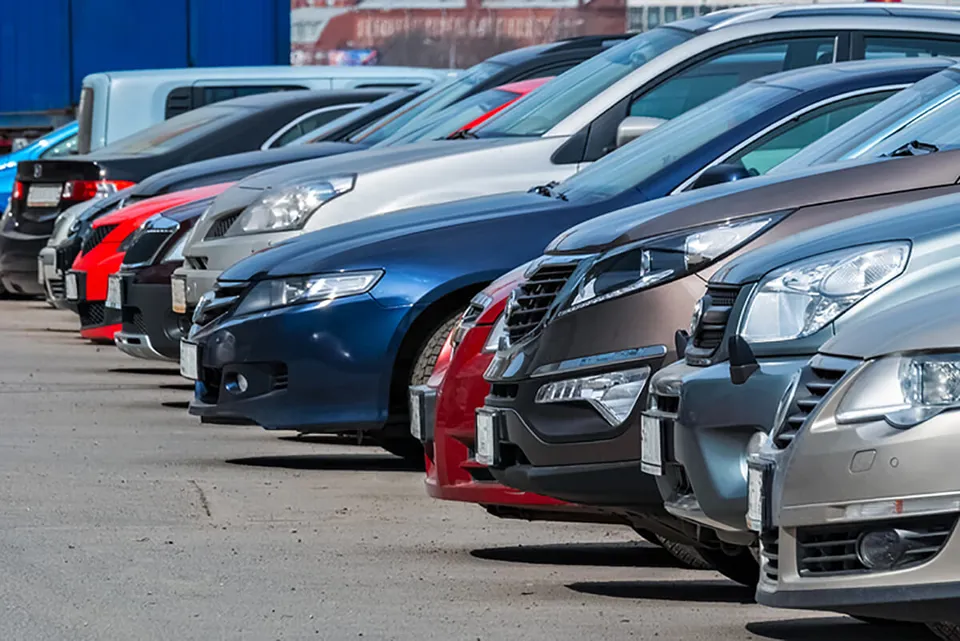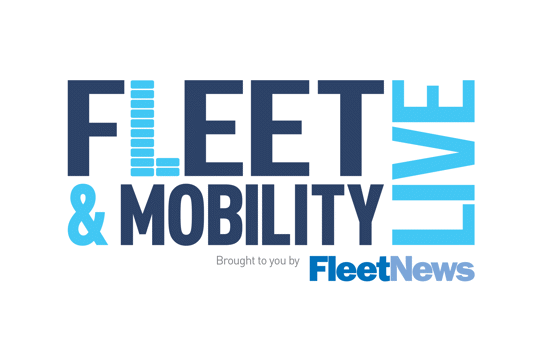The Government’s decision to delay ending the sale of new, petrol and diesel cars and vans, is likely to have a limited impact on real world fleet strategies, says the Association of Fleet Professionals (AFP).
The Prime Minister, Rishi Sunak, announced last week that the ban would be pushed back five years from 2030 to 2035.
AFP chair Paul Hollick explained that the overwhelming reaction from the organisation’s members had been that the delay was a political move.
He said: “There is a sense of what you might characterise as annoyance surrounding this. Businesses have put in huge amounts of work on electrification and spent substantial sums.
“The fact that the deadline can then be moved in what appears to be a fairly arbitrary manner doesn’t endear the Government to fleets.
“Also, it should be acknowledged that many, many of our members take net zero very seriously at a corporate level and believe that we should be electrifying as quickly as possible, despite some of the obstacles that remain.
“There is a sense that the Government doesn’t necessarily share that priority.”
However, he said, the general consensus was that car fleet strategies would remain largely unaffected, while many van operators had already held strong doubts that the 2030 deadline could be met and the move to 2035 simply acted as an official acknowledgment.
“When it comes to cars, benefit-in-kind taxation hugely favouring EVs and the Zero Emissions Vehicle Mandate remain in place and there are apparently no plans to change them,” continued Hollick.
“This means fleets will continue to electrify their car fleets at a rapid pace and the Government’s decision will change little.”
Hollick believes that, within a few years and well before 2035, it may be quite difficult to buy a new non-electric vehicle anyway.
“The fact is that the UK forms a small part of the global car market and the decision to delay electrification here is not going to noticeably impact on manufacturer plans to end internal combustion engine production,” he said.
“The picture could be different for vans, though, we believe. It has become clear to many of our members over the last year or more that electrifying their light commercial vehicle fleets by the end of the decade was going to be a big ask.
“Neither the vehicle designs nor the charging infrastructure appear to be ready to meet the needs of all fleets, and there was a growing sense, at least among some, that this would have to be acknowledged sooner or later by the Government.”
Many AFP members will keep their plans for 2030 van electrification in place as part of their net zero strategies, claims Hollick.
“We have operators who are deeply committed to this target or even sooner at a corporate level and none of them have so far indicated any change plus, of course, the Zero Emissions Vehicle Mandate applies here, too,” he explained.
“However, we expect that some businesses will now attempt to slow van electrification, with plug-in hybrids perhaps acting as a medium-term stepping-stone.”
Used diesel sales and prices set to rise following ICE ban
Sales of used diesel cars up to four years old accounted for just 16.1% of cars sold in August, but that may change in the future following Sunak’s delay on banning new internal combustion engine (ICE) car sales until 2035, according to Indicata.
Its latest Market Watch report saw used diesel car sales fall to a record low in August while used petrol sales rose to 54.6% and hybrids and battery electric vehicles (BEVs) comprised 22.5% and 6.6% respectively.
However, Indicata UKs’ group sales director Jon Mitchell expects the PM’s announcement to inject new life into diesel sales and expects used prices to rise.
“New car diesel sales have only fallen in recent years due to the 2030 deadline, but we could see sales of new and used diesel cars rise now that the ICE ban has been extended to 2035,” he said.
“Diesel engines still offer the best combination of fuel economy and practicality, particularly with larger SUV and 4x4 owners.
“And with used diesel stocks falling in line with new car sales for a number of years we could see demand exceeding supply which will push up prices.”
Indicata saw used EV prices fall again in August by 1.4% points which makes them 35.5% lower than in January 2022.
The fall in prices continues to speed up sales with the Market Days’ Supply (MDS) - derived from dividing the currently available supply of cars by the average daily retail sales rate over the past 45 days - of used EVs at just 45.7 days which is now the lowest in Europe.
The increased demand for used EVs is reinforced in August’s top three fastest-selling used cars all being alternative fuel – the Toyota Prius, the BMW i3 and the VW ID.3.
Meanwhile, the Ford Fiesta remains the UK’s top selling used car followed by the VW Golf, and Mercedes A-Class.
“The demand for used EVs continues to rise on the back of falling prices and the MDS has fallen to the lowest in Europe,” said Mitchell.
“It will be interesting to see how the Prime Minister’s recent announcement impacts the demand for used EVs as consumers now have more time to make the switch to electric.”




















Login to comment
Comments
No comments have been made yet.